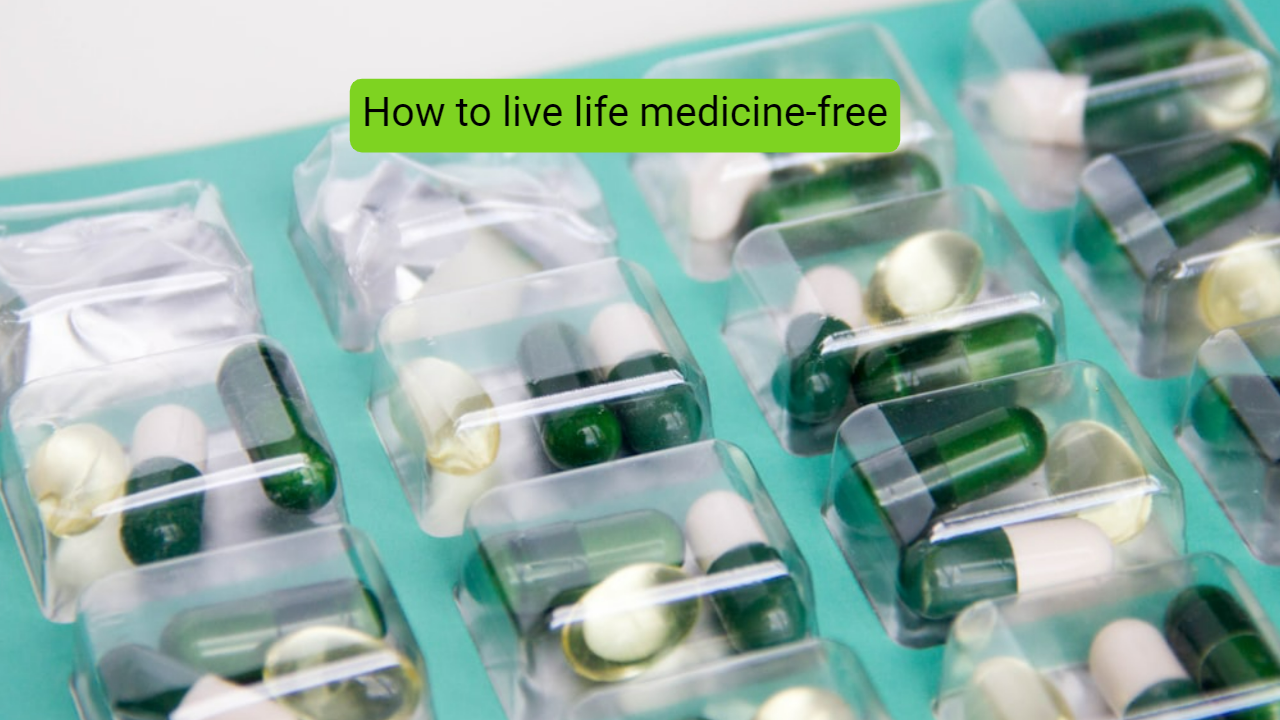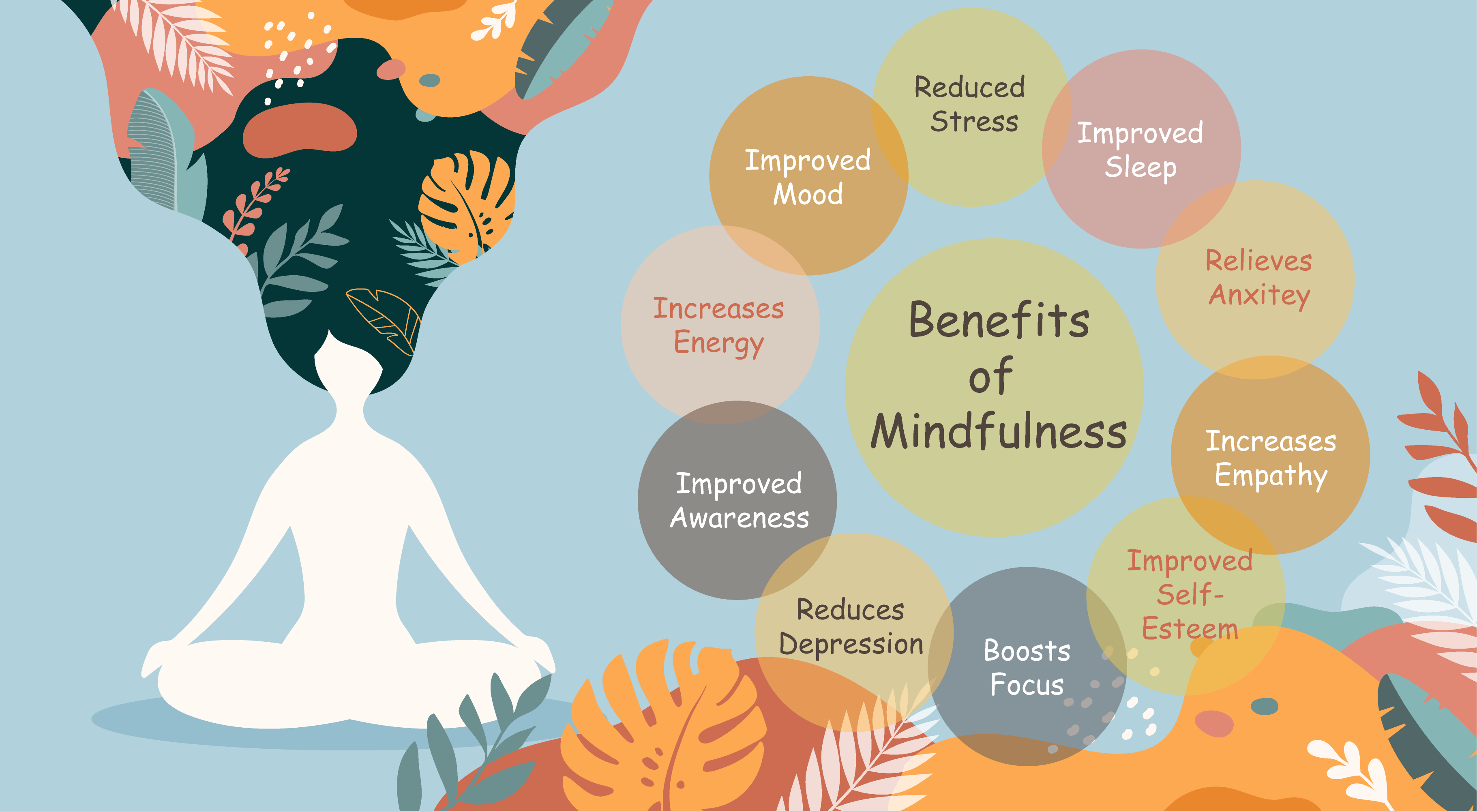How to stop headache immediately at home naturally
Introduction to Headaches
Are you tired of those pesky headaches ruining your day? Whether it’s a tension headache, migraine, or sinus pressure causing the discomfort, finding natural ways to stop a headache immediately at home can be a game-changer. Say goodbye to reaching for over-the-counter medications and hello to effective remedies that are right at your fingertips. Let’s explore some holistic approaches to alleviate headaches and get back to feeling like yourself in no time!

Causes of Headaches
Headaches can be triggered by a variety of factors, making them a common ailment experienced by many. One of the primary causes of headaches is stress and tension in the muscles around the head and neck area. This can result from poor posture, long hours spent sitting at a desk, or emotional stress.
Dehydration is another common culprit when it comes to headaches. Not drinking enough water can lead to dehydration, which in turn can cause your brain to temporarily contract or shrink slightly due to fluid loss. This change may trigger pain receptors surrounding the brain.
Certain foods and drinks can also act as headache triggers for some individuals. From processed meats containing nitrates to aged cheeses with tyramine, dietary choices play a significant role in headache occurrence for some people. Additionally, skipping meals or consuming excessive amounts of caffeine can also lead to headaches.
Environmental factors like loud noises, bright lights, strong smells, and changes in weather conditions are known triggers for some types of headaches as well. It’s essential to identify potential triggers in your environment that may be contributing to your headache episodes so you can take steps towards prevention and relief.
Natural Ways to Relieve Headaches at Home
When a headache strikes, finding relief at home can be a game-changer. There are natural remedies that can help alleviate the pain without reaching for medication right away.
One way to relieve headaches naturally is by staying hydrated. Dehydration can often trigger headaches, so make sure to drink plenty of water throughout the day.
Another effective method is applying a cold or warm compress to your forehead or neck. The temperature change can help reduce tension and provide relief from the throbbing sensation.
Furthermore, practicing relaxation techniques such as deep breathing, meditation, or yoga can help ease stress and tension that may be contributing to your headache.
Additionally, getting some rest in a dark room with minimal noise can also aid in relieving headache symptoms. Giving your mind and body time to relax and recuperate is crucial for alleviating discomfort.
By incorporating these natural ways into your routine, you can find relief from headaches at home without always resorting to medication.
Essential Oils for Headache Relief
Essential oils are a natural remedy that can offer relief from headaches. Peppermint oil, known for its cooling effect, is excellent for soothing tension headaches. Just apply a few drops to your temples and massage gently. Lavender oil is calming and can help alleviate migraines when applied to the forehead or inhaled. Eucalyptus oil has anti-inflammatory properties that can reduce sinus pressure causing headaches.
Rosemary oil is another option known for its pain-relieving properties, especially for tension headaches. It can be diluted with a carrier oil and massaged onto the temples or added to a warm bath for relaxation.
Using essential oils for headache relief not only provides a natural alternative but also offers aromatherapy benefits that can promote relaxation and ease stress levels.
Herbal Remedies for Headaches
When it comes to dealing with headaches, turning to herbal remedies can be a natural and effective way to find relief.
One popular option is feverfew, a plant that has been used for centuries to help alleviate migraines.
Another herb worth considering is butterbur, known for its anti-inflammatory properties which can aid in reducing headache symptoms.
Peppermint oil is also a favorite among many for its cooling sensation that can soothe tension headaches when applied topically or inhaled.
Ginger tea may help combat nausea often associated with headaches due to its calming effects on the stomach.
Turmeric, with its powerful anti-inflammatory properties, may also assist in reducing headache pain by targeting inflammation in the body.
By incorporating these herbal remedies into your routine, you may find some much-needed relief from those pesky headaches naturally and at home.
Acupressure Techniques for Instant Relief
Acupressure is a natural method that can provide instant relief from headaches right at home. By applying pressure to specific points on the body, you can help alleviate pain and tension in the head.
One effective acupressure technique for headache relief is massaging the LI4 point located between your thumb and index finger. Applying firm pressure to this spot for a few minutes can help reduce headache intensity.
Another beneficial acupressure point is GB20, found at the base of the skull where the neck muscles attach. Gently pressing and massaging this area can release tension and promote relaxation.
The third eye point, situated between the eyebrows, is also known for its headache-relieving properties. By applying gentle pressure to this spot with your index finger, you may experience immediate relief from head discomfort.
Experimenting with these acupressure techniques can offer a drug-free way to address headaches quickly and naturally.
Conclusion
There are various natural remedies and techniques that can help alleviate headaches quickly at home. By understanding the causes of headaches and incorporating essential oils, herbal remedies, and acupressure techniques into your routine, you can find relief from different types of headaches. Remember to listen to your body, stay hydrated, manage stress levels, and maintain a healthy lifestyle to prevent future occurrences of headaches. With these strategies in place, you can effectively stop a headache immediately without relying on medication. Embrace the power of natural remedies for holistic well-being.




